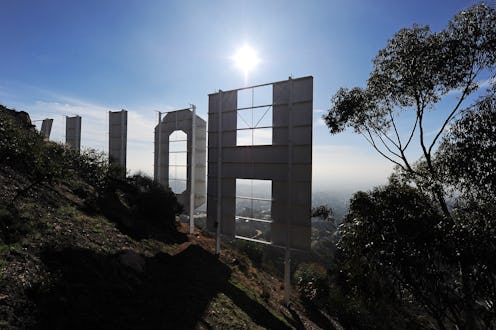News
This State Has The Most Democratic Delegates
Bernie Sanders brought home 55 delegates on Saturday after winning big in Washington, Hawaii, and Alaska. But the biggest day of the primary is yet to come, because the state with the most Democratic delegates still hasn’t voted. And neither has the state with the second-most delegates, for that matter. By far, the most valuable state in the Democratic primary is California. It holds 548 delegates — more than 250 more than any other state or territory. New York has 291, making it the the second-most-delegate-heavy state for Democrats. Needless to say, this gives both states outsized importance in the Democratic race. So what do the polls have to say?
In New York, Clinton is on track to score a runaway victory. As of Sunday, her average polling lead over Sanders there is a staggering 34.5 percent. There are a number of explanations for this. She represented the state in the Senate, for one, and the Clinton Foundation was headquartered in Harlem for a decade. This could change before the state votes on April 19, but let’s be honest — a 35-point deficit is hard to overcome.
The picture is a bit muddier in California, though. Clinton has an average lead of nine points over Sanders, but that should be taken with a grain of salt, because there hasn’t been much polling there yet. There’s only been one all year, in fact, and given the fast-changing nature of this race, Clinton’s lead over Sanders in the Golden State should be considered tentative at best.
That said, there’s reason to be skeptical of Sanders’ chances in California. For one, it’s a diverse state with a lot of nonwhite voters, and Sanders generally does better in homogeneously white states. It’s also a primary state, and Sanders has a much better track record in caucus states. And lastly, it’s not nearly as progressive as its reputation implies, having voted to ban gay marriage in 2008 (which was later knocked down), and four years later rejecting a proposal to pay for public schools with an income tax hike.
The challenge facing Sanders now is that he needs not only to win states, but to win them by big margins. That's why his shocking upset victory in Michigan, for example, didn't actually do much to close the gap between himself and Clinton. Because the race was so close, both walked away with roughly the same number of delegates. In both New York and California, the prospect of a Sanders upset is slim. But then again, plenty of unlikely things have already happened in this election so far.
